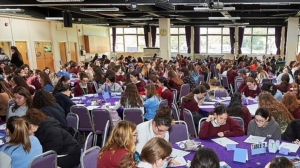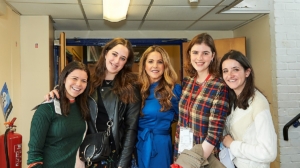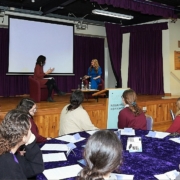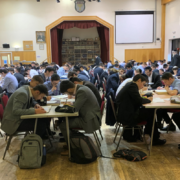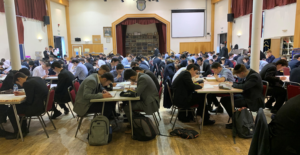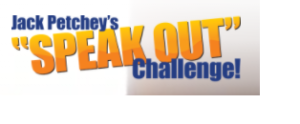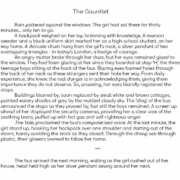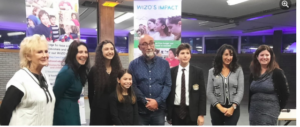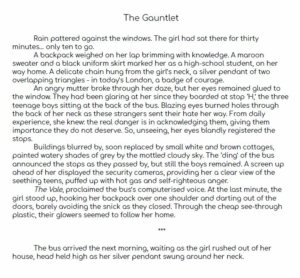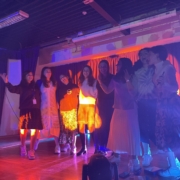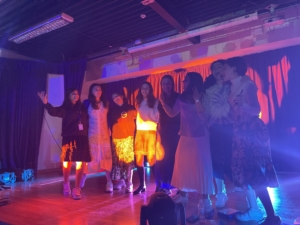HIPE created an unusual and exciting event with Michal Oshman, Head of Company Culture, Diversity and Inclusion at TikTok Europe and formerly responsible for international leadership and team development at Facebook. Throughout her career, Michal has trained and coached hundreds of tech leaders. She has three university degrees in psychodynamic and systemic thinking, sociology and anthropology.
Mrs Friedman interviewed Mrs Oshman, asking her the following questions:
Can you tell us a bit about your professional background, as well as your journey towards becoming religious? As a teenager, Michal was lost in her life. She tried too hard to be perfect all the time. Her career trajectory certainly mirrored her desire for outward perfection, gaining three degrees and working with the most cutting edge companies. Her work includes team development. This means that if you are clear about who you are in the workplace, you are more likely to inspire others around you. She joined TikTok a year ago where her role seems to be to establish the values of TikTok and how people in the company experience those values. She also helps people deal with challenges in life and make them feel that they belong to the company.
Where does Judaism / spirituality fit in? – Until age 38 she suffered with her own mental health. The lack of spirituality in her childhood, growing up in secular North Tel Aviv meant that she had no awareness of what Judaism had to offer. Years of therapy and medication did not really help. She did not even have any idea that she had a soul until she was 38. Michal was searching- literally searching Google as she typed in: anxiety/ depression/ Judaism. That last was a stroke of luck or a Heavenly hand. The articles of a Chabad professor (Freda Lowenthal) popped up and began to lead her on her journey of Jewish self-discovery.
How did that discovery change things? – Michal reconnected to her faith and heritage. She was curious. What does Judaism have to offer me? She realised that the deep ideas, once you allow them into your system- work. There is nothing more complete than a broken heart. She felt damaged and broken and learned that the best part of being broken is that you can mend yourself. You do not have to be perfect. Cracks are good.
Not looking for G-d but finding yourself – The big realisation was that it is not all about me. As a Jew, you are part of something which has been there for thousands of years. Michal found her answers in Chasidic wisdom.
Why do you end each chapter the same way? ‘If you change nothing, nothing will change’. Can you explain this? – You need to do this. What is the thought in your head which is not helping you? Can I get rid of it? If I don’t change it how can I help myself? One way to change is to admit that I make mistakes.
One chapter is about making space for others – most self-help books are about me not we. Her book is different as she posits that you could make yourself less so you can make more space for others. By reducing your own ego you can have more sensitivity to others.
Making mistakes is a sense of completion- what was your ‘best’ mistake? She thought one boyfriend was ‘the one’ but on the day she thought he would propose he said ‘I know we are being serious, but if we were to go to a desert island I would not take you’. At the time it broke her- she felt she would never be loved and was like that for two years. He broke her heart and her confidence. But now she is here with her husband and four children. ‘This too shall pass’ – please G-d we should all have a long life and we have to believe that the things which seem to break us will eventually pass.
After the interview, ice coffee, grapes and rogelach were on offer, as well as the chance to buy HIPE ‘merch’ such as a card holder that goes on your phone case which says: ‘Feel like you will achieve, and you will achieve’ .
The second part of the event was a guided learning session, using sources about the ability to achieve. Sixth Form students worked with girls from Years 10 and 11 to delve into the texts to understand the Torah perspective on confidence.
It was a fabulous, inspiring morning for all the students. Thank you to our HIPE team, Mrs Friedman and to Michal Oshman for facilitating this unique event.
